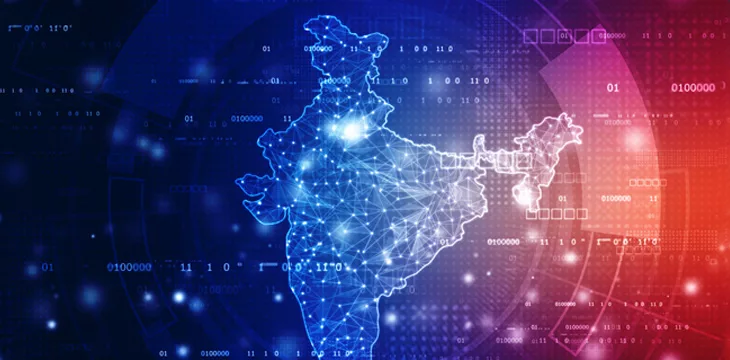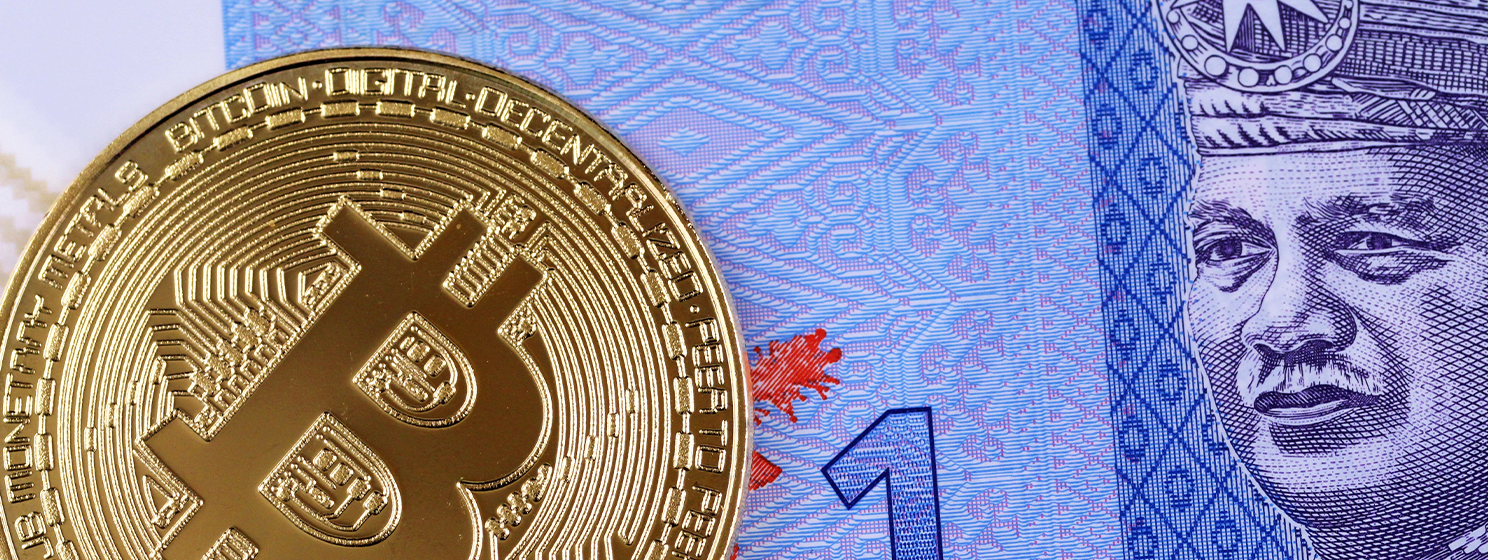|
Getting your Trinity Audio player ready...
|
As India embraces emerging technologies to boost economic growth and global presence, it celebrated National Technology Day on May 11 to honor its successful nuclear test in 1998 at Pokhran. This day is significant not only because it celebrates India’s advancements in the fields of science and technology, but more important in 2024 as the country has been spearheading technological advancements to become a global superpower.
On May 11, 1998, India successfully conducted a nuclear missile test at the Indian Army’s Pokhran range in Rajasthan, after which Former Prime Minister, Atal Bihari Vajpayee, declared India a nuclear power. Since then, May 11 has been observed as the National Technology Day to commemorate the achievements of scientists, researchers, engineers, and all others involved in science and technology.
“Our nation is pacing ahead to emerge as a leader in the technological arena. May this day be the paramount inspiration for our new-age technology enthusiasts who devote themselves to building revolutionary technologies and making our nation proud,” Union Home Minister Amit Shah said on X.
For the first time this year, the world’s fastest-growing major economy is using artificial intelligence (AI) extensively for election campaigns and language translations. The South Asian nation is estimated to spend over $50 million this year on AI-generated election campaign materials alone.
India, the world economy’s beacon of hope’, went into polls on April 19 and will continue until June 1. Touted as the largest election in human history with about 970 million registered voters, India’s 2024 seven-phased general elections are being held to elect 543 members of the Lower House of Parliament or Lok Sabha. Votes will be counted, and results will be declared on June 4.
“The remarkable history associated with National Technology Day is also a reminder for the innovation that can happen with a supportive governance structure,” Dilip Chenoy, chairman of Bharat Web3 Association, told CoinGeek via email. “India’s large pool of qualified technology professionals has been instrumental in driving groundbreaking innovations across industries.”
“Web3 is one of the emerging technologies where India could be in the driving seat due to its large talent pool. We have almost 12% of global talent driving global Web3 development and also have a thriving local startup ecosystem. Web3 represents a shift in the way we have been using the internet,” Chenoy added.
India recently approved over $1.24 billion for the IndiaAI Mission, slated over the next five years. The financial infusion aims to boost the country’s AI ecosystem, innovation, and entrepreneurship. Prime Minister Narendra Modi’s government also intends to leverage AI to achieve its Viksit Bharat (developed India) goal by 2047, leveraging emerging technologies like AI and blockchain as key catalysts for growth.
“The growth of India’s crypto industry has been remarkable, with Web3 technology emerging as a catalyst for transformative change. Web3 holds immense potential, particularly in the context of India’s evolving financial sector. It promises to democratize access to financial services, offering a gateway to previously underserved populations,” Shivam Thakral, chief executive of BuyUcoin, one of India’s digital asset exchanges, told CoinGeek via email.
“As we celebrate National Technology Day, we reaffirm our commitment to shaping the future of finance in India. We continue to push the boundaries of innovation, leveraging cutting-edge technologies to enhance user experience and drive industry evolution,” Thakral added.
The world’s biggest democracy, while embracing emerging technologies like AI and blockchain, has long treated digital assets with suspicion. India imposes one of the harshest taxation on digital asset trading—a 30% flat tax on all digital asset income and a 1% tax deducted at source (TDS) on all digital asset trades above 10,000 Indian rupees (US$120). India also does not allow digital asset traders to offset losses against gains. In 2023, the country introduced a penalty equal to TDS for non-deduction, interest of 15% annually for late payment, and even imprisonment of up to six months.
“India has been a key center of technological research and innovation. It also has a robust startup ecosystem that links seamlessly with those in other countries. India’s leadership position in information technology makes it a natural destination for new blockchain and web3 development projects,” Jyotsna Hirdyani, South Asia head at Bitget, a global digital asset trading platform, told CoinGeek.
“India’s National Technology Day once again reminds us of the premier role the country plays in fostering technological innovations and giving space to new and emerging technologies. As many Indian startups and technology professionals are engaged with Web3 projects, we expect the momentum to continue,” Hirdyani added.
According to India’s Deputy IT Minister Rajeev Chandrasekhar, from fewer startups in 2014, India now has over 100,000 startups and 113 unicorns, with the potential to add 1,000,000 startups and 10,000 unicorns in the coming decade.
“For our tech-savvy youth, this will be a golden era,” India’s Finance Minister Nirmala Sitharaman said in her budget speech in February. She announced that one trillion rupees would be established with a 50-year interest-free loan to provide long-term financing or refinancing with long tenors and low or nil interest rates. This is expected to facilitate more research and development on innovative technologies while bolstering the growth of more Web3 professionals in the country.
“Like other industries, the Indian healthcare sector is rapidly embracing technology, marking a new era of innovation. From personalized medicine and triggered messaging to virtual consultations and smart devices, technology is revolutionizing healthcare access, bridging affordability and information gaps, and promoting health equity unprecedently. Data-driven insights too are becoming increasingly crucial for real-time patient care and drug development,” Harshit Jain, founder of Doceree, a healthcare marketing platform, shared with CoinGeek.
“Looking ahead, with technology soon becoming integral to reducing healthcare costs and aiding healthcare professionals in informed decision-making, innovations like AI are poised to drive sustainable growth and transformative solutions in the industry,” Jain added.
In order for artificial intelligence (AI) to work right within the law and thrive in the face of growing challenges, it needs to integrate an enterprise blockchain system that ensures data input quality and ownership—allowing it to keep data safe while also guaranteeing the immutability of data. Check out CoinGeek’s coverage on this emerging tech to learn more why Enterprise blockchain will be the backbone of AI.
Watch: ‘Disruptive’ blockchain can be useful for India

 02-23-2026
02-23-2026 




